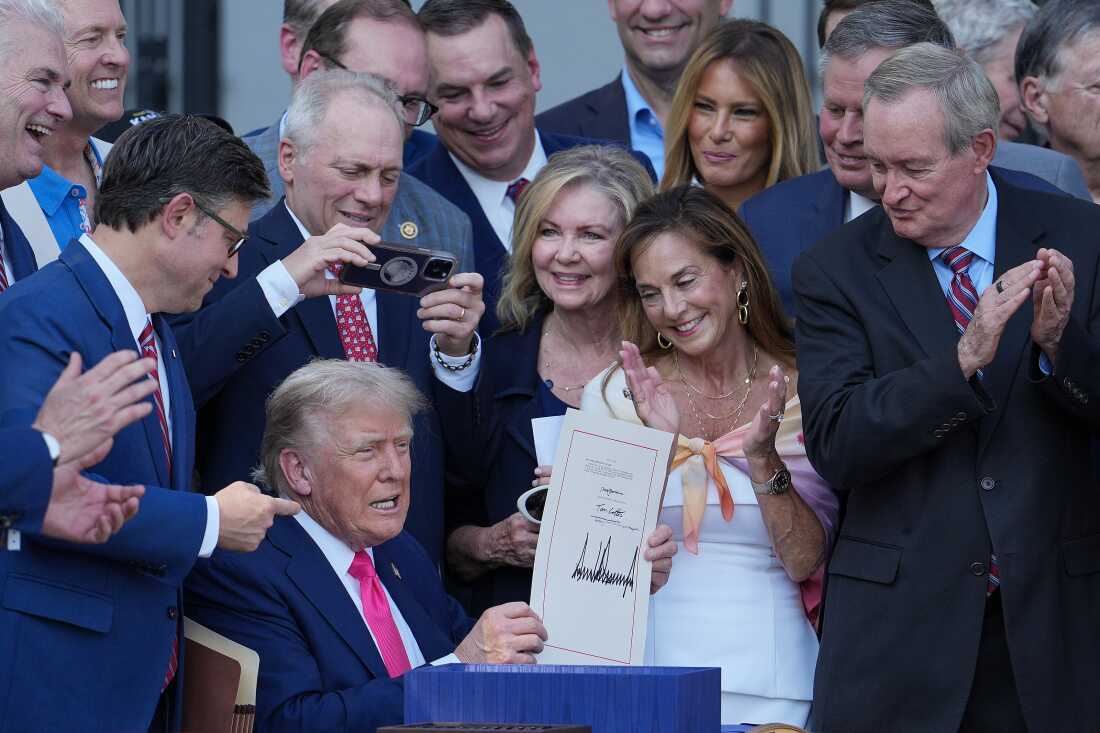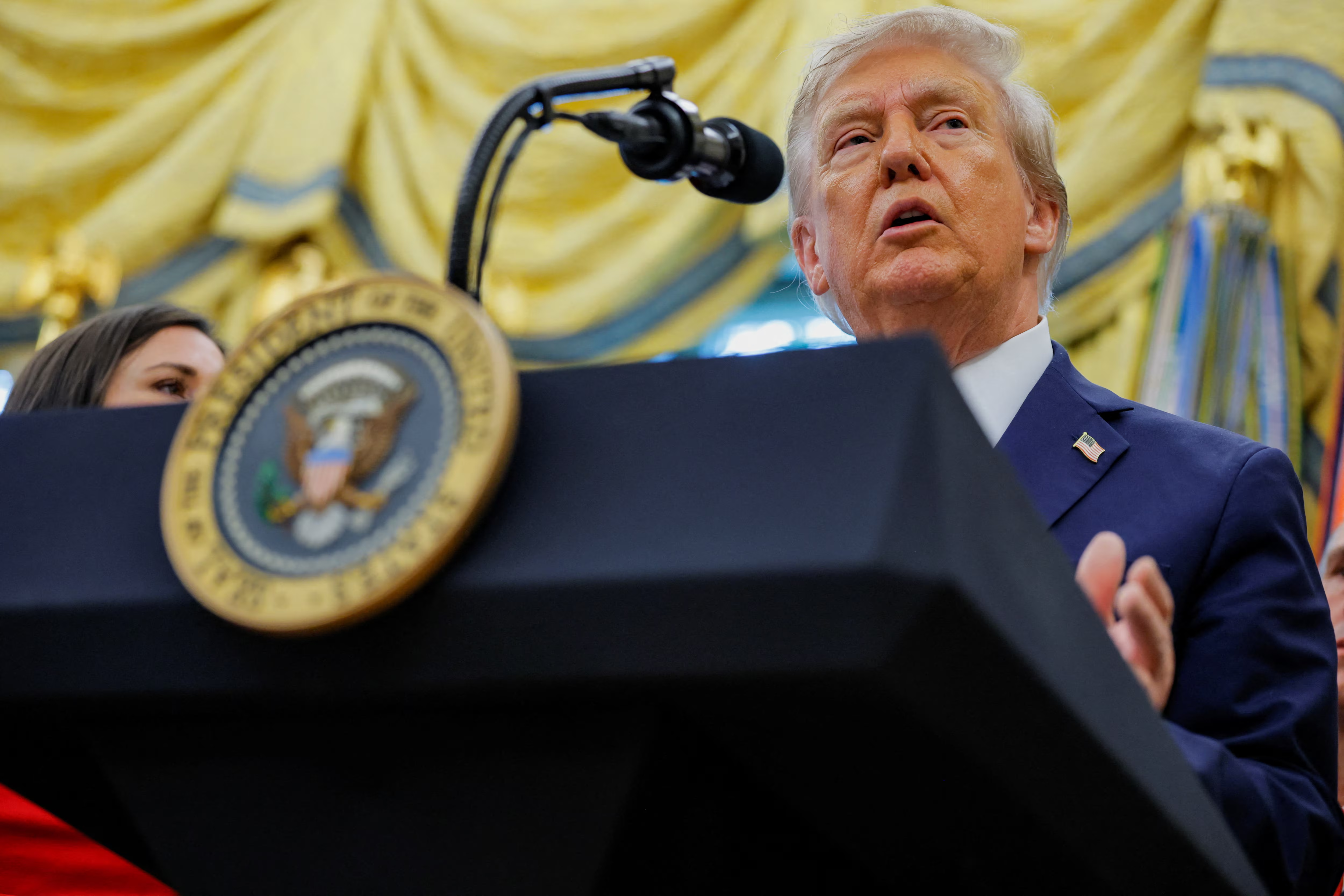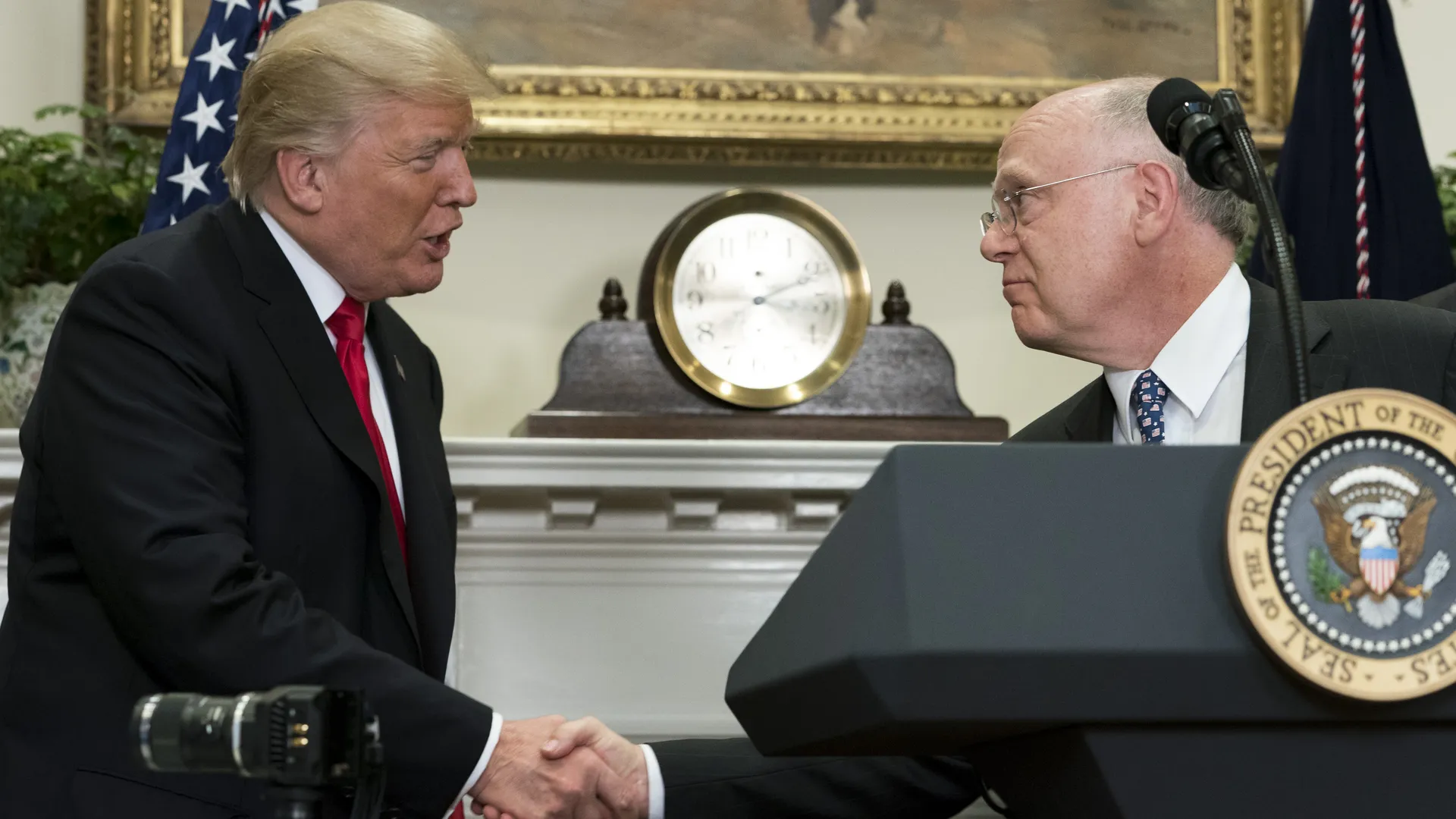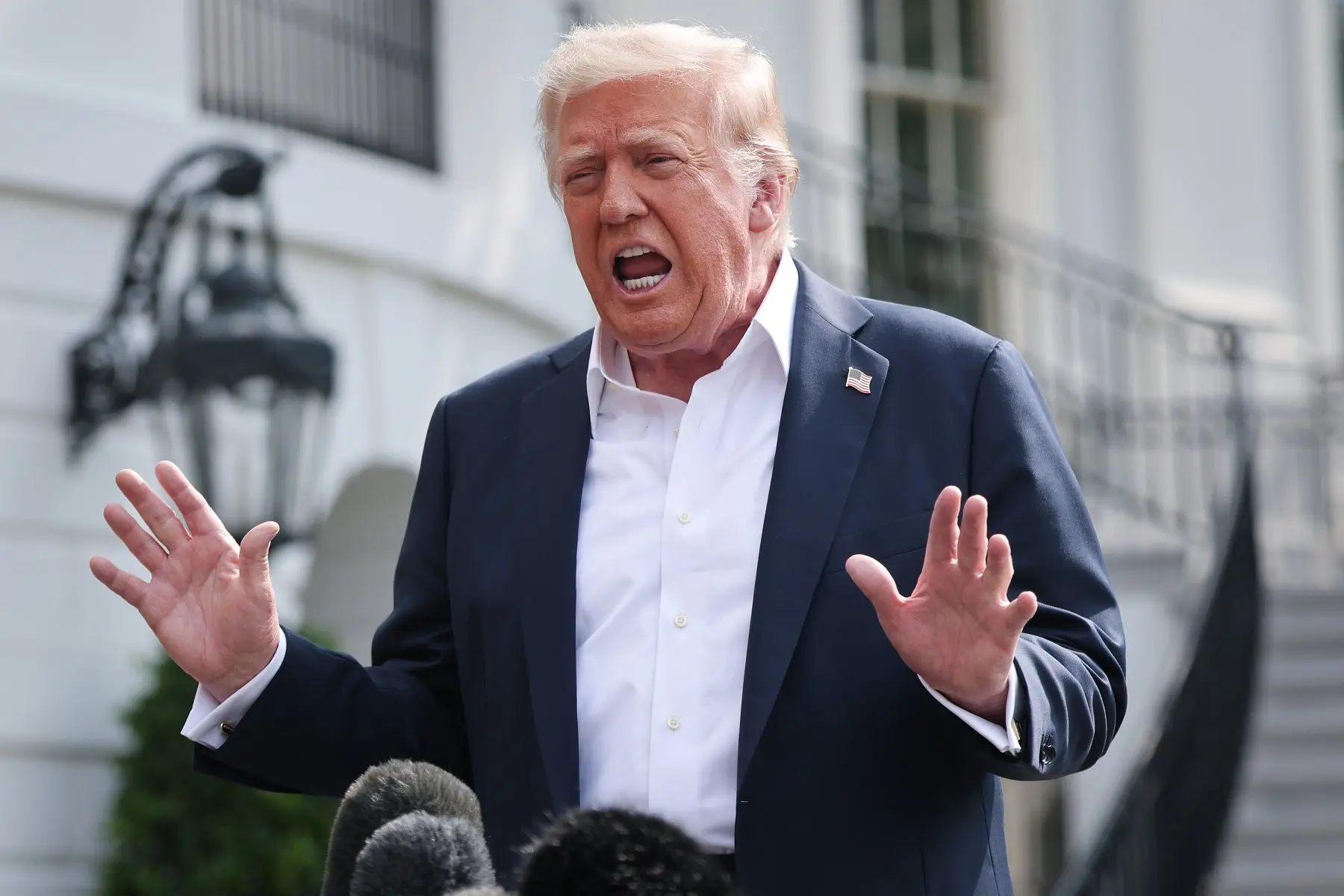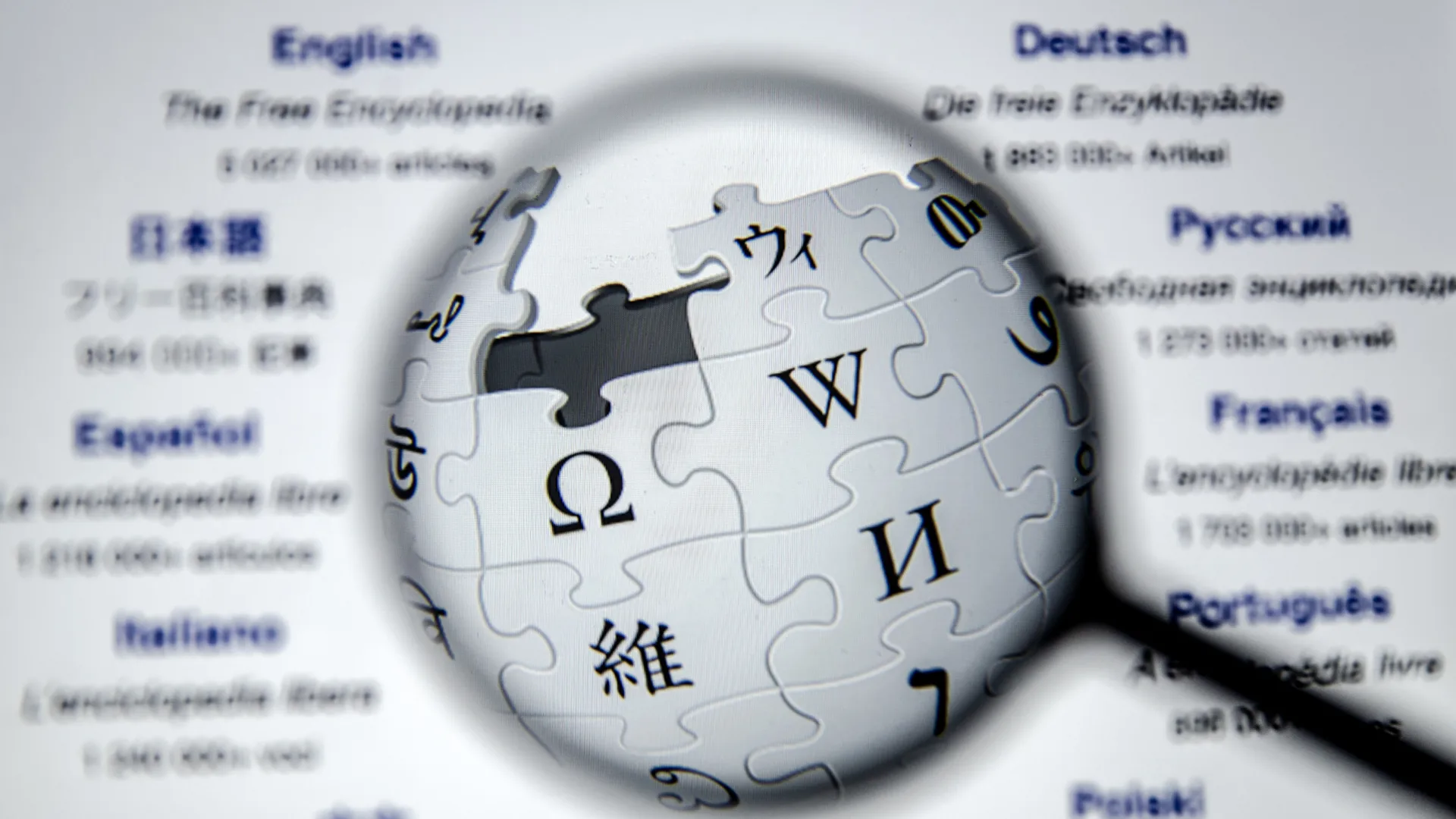
House Republicans on the Oversight and Government Reform Committee have announced a sweeping investigation into Wikipedia—alleging that the online encyclopedia's rare tendency to acknowledge empirical reality is actually a coordinated campaign of bias.
As of August 27, 2025, Committee Chair James Comer (R-Ky.) and subcommittee Chair Nancy Mace (R-S.C.) dispatched an information request to Maryana Iskander, CEO of the Wikimedia Foundation, seeking internal communications, coordination documents, and “tools and methods Wikipedia utilizes to identify and stop malicious conduct online that injects bias and undermines neutral points of view.” The lawmakers framed this probe as a response to “foreign operations and individuals at academic institutions subsidized by U.S. taxpayer dollars to influence U.S. public opinion.
The letter cites concerns laid out by the Anti-Defamation League, which reported a supposedly orchestrated push against Israel in Wikipedia entries, and the Atlantic Council, which flagged alleged pro-Russia editing campaigns that could influence AI models. In other words, Wikipedia’s volunteer editors—long known for painstakingly citing sources—are now under suspicion for doing their job too thoroughly.
The Foundation’s spokesperson responded with the kind of calm dignity one might expect from a group whose mission is to present facts neutrally: they are reviewing the request and “welcome the opportunity to respond.”
This comes on the heels of previous critics, including the D.C. U.S. Attorney’s Office, which earlier this year accused Wikimedia of potentially violating its non-profit status by “allowing foreign actors to manipulate historical and biographical content,” thereby posing a threat to national security.
Researchers, however, gently note that Wikipedia may indeed lean left—not because of some dark conspiracy, but because more volunteers from more diverse backgrounds tend to dilute bias over time. One recent study found older articles skew left, but as more contributors join, entries average out toward neutrality.
The Committee’s investigation, under this lens, reads as if concerns over “organized bias” are code for “Wikipedia dared to include facts that some politicians found inconvenient.” The satirical undertone writes itself: reality, apparently, is now suspicious. The left-leaning author of this dispatch confidently asserts that if pointing out climate change, civil rights history, or systemic inequities enrages the powerful, then Wikipedia must be on to something real.
